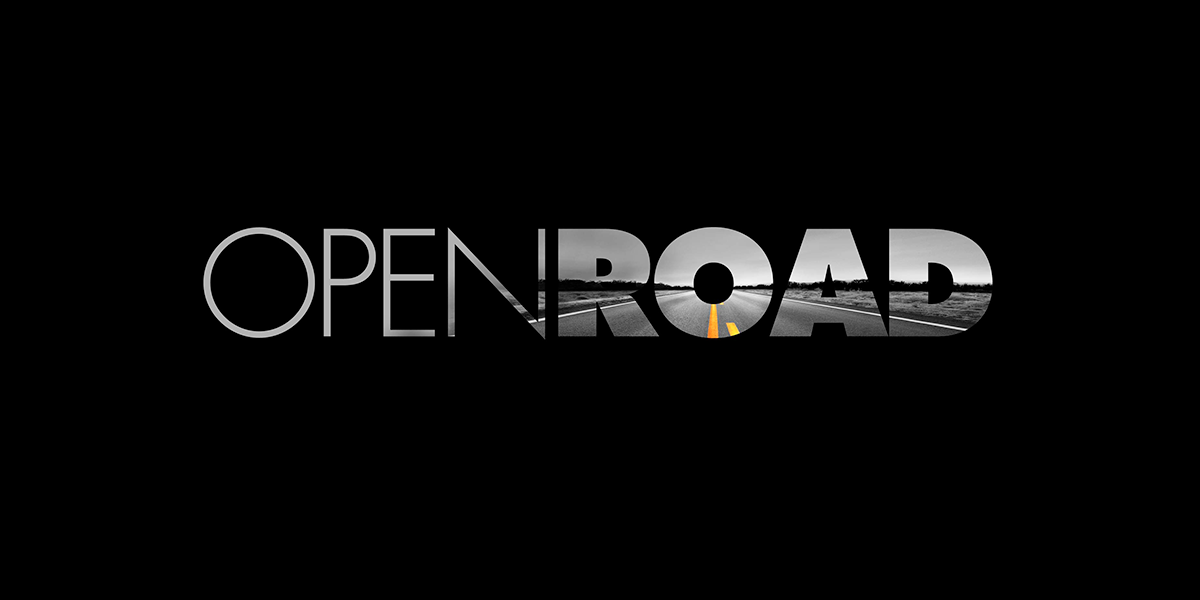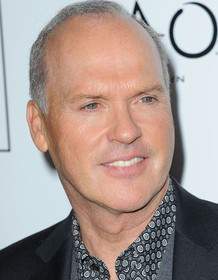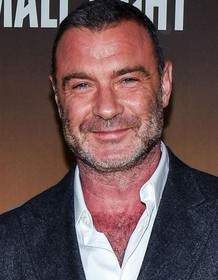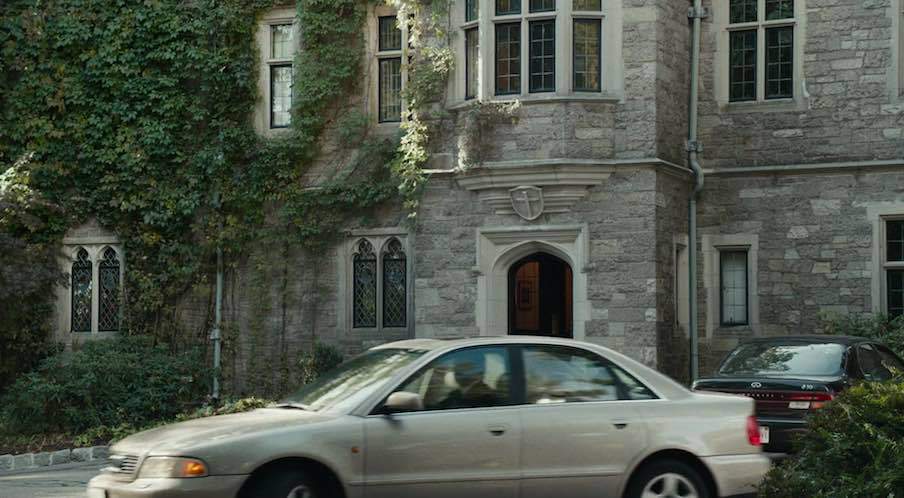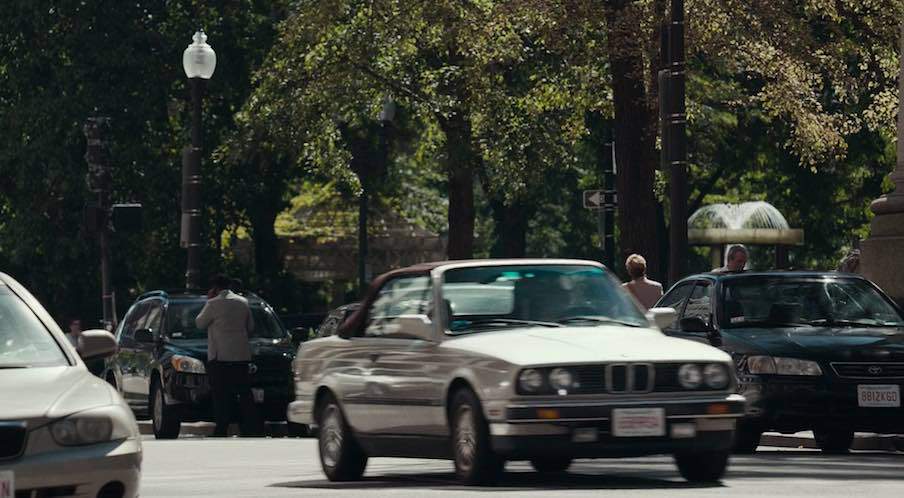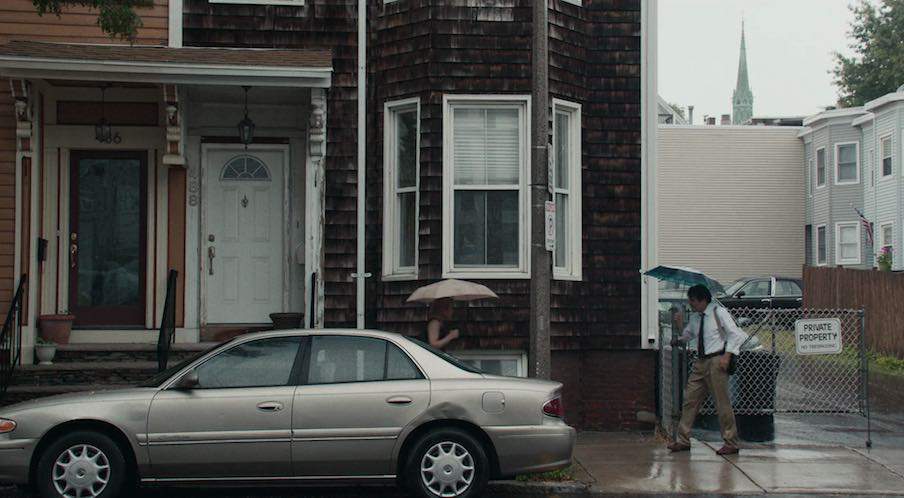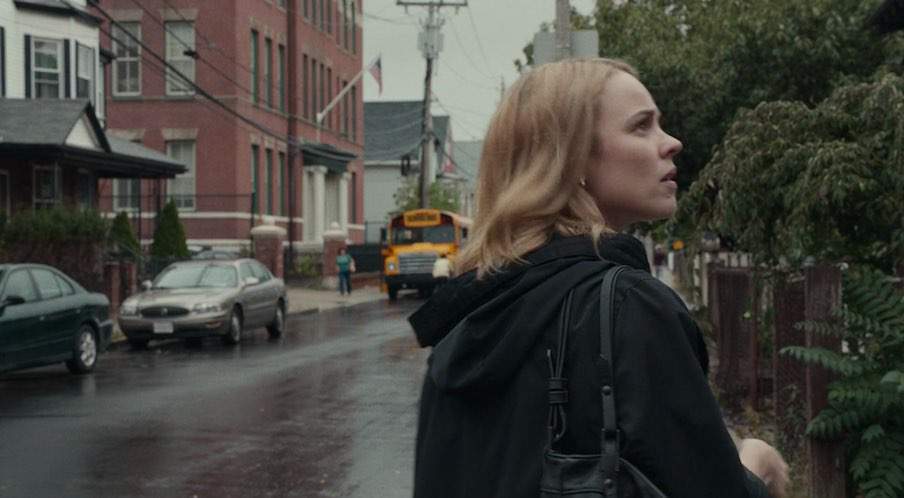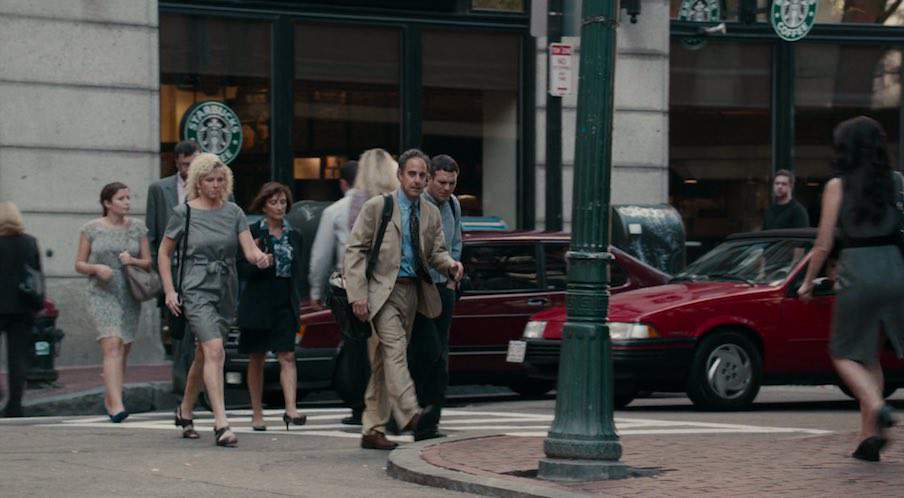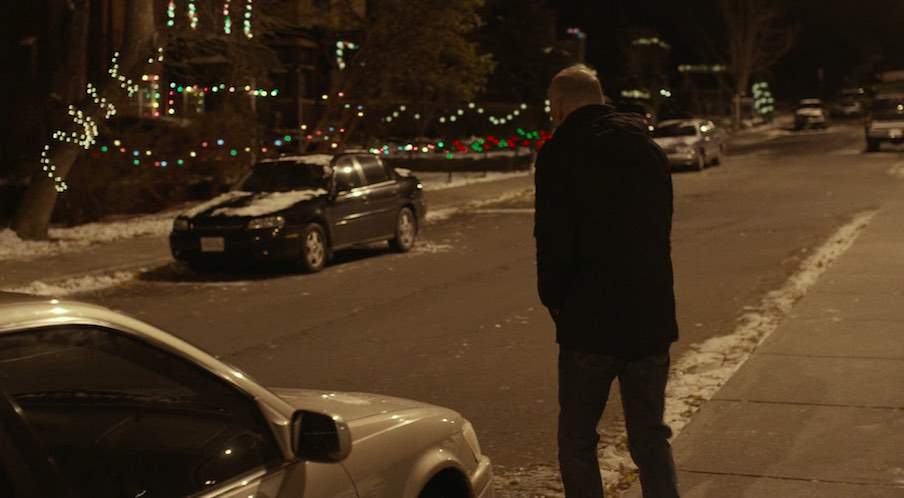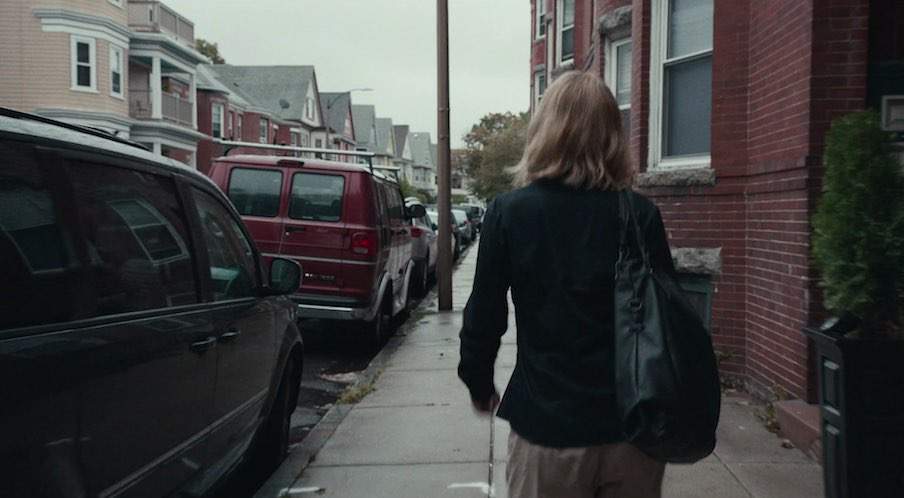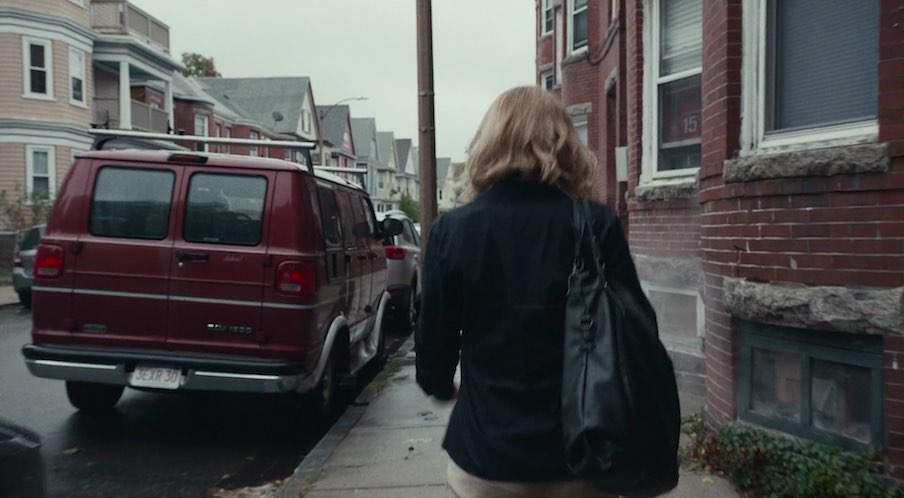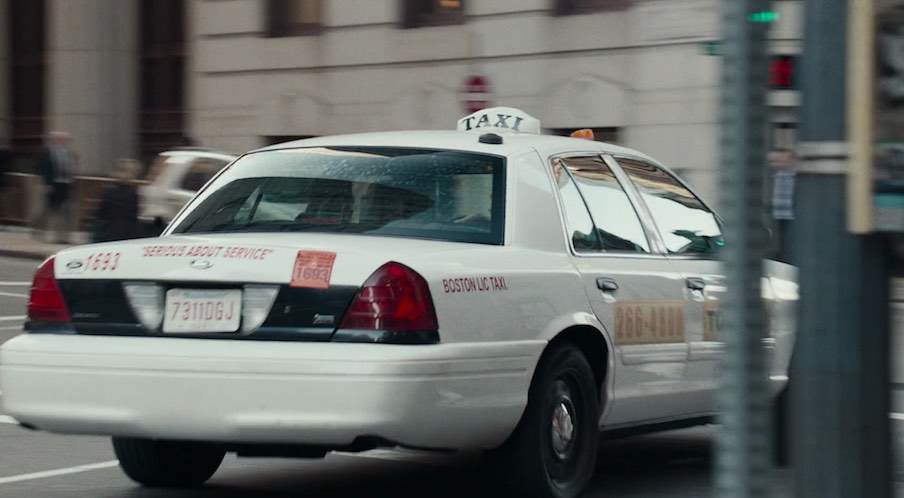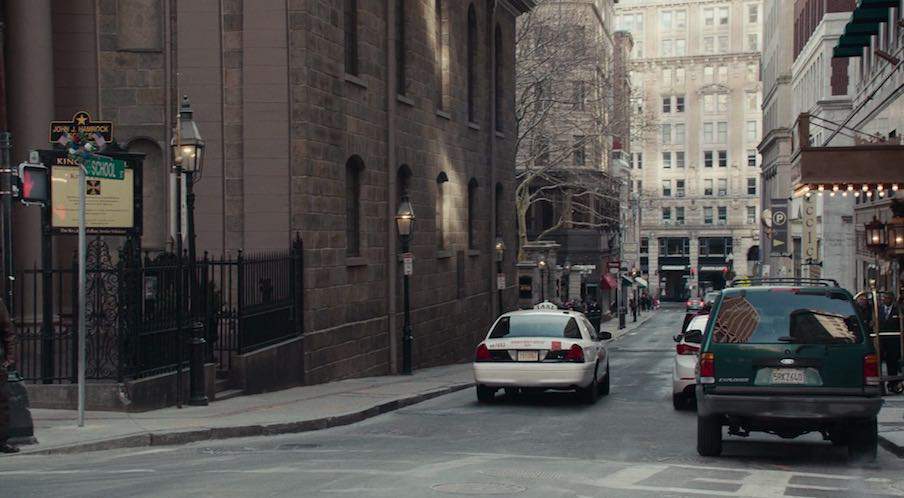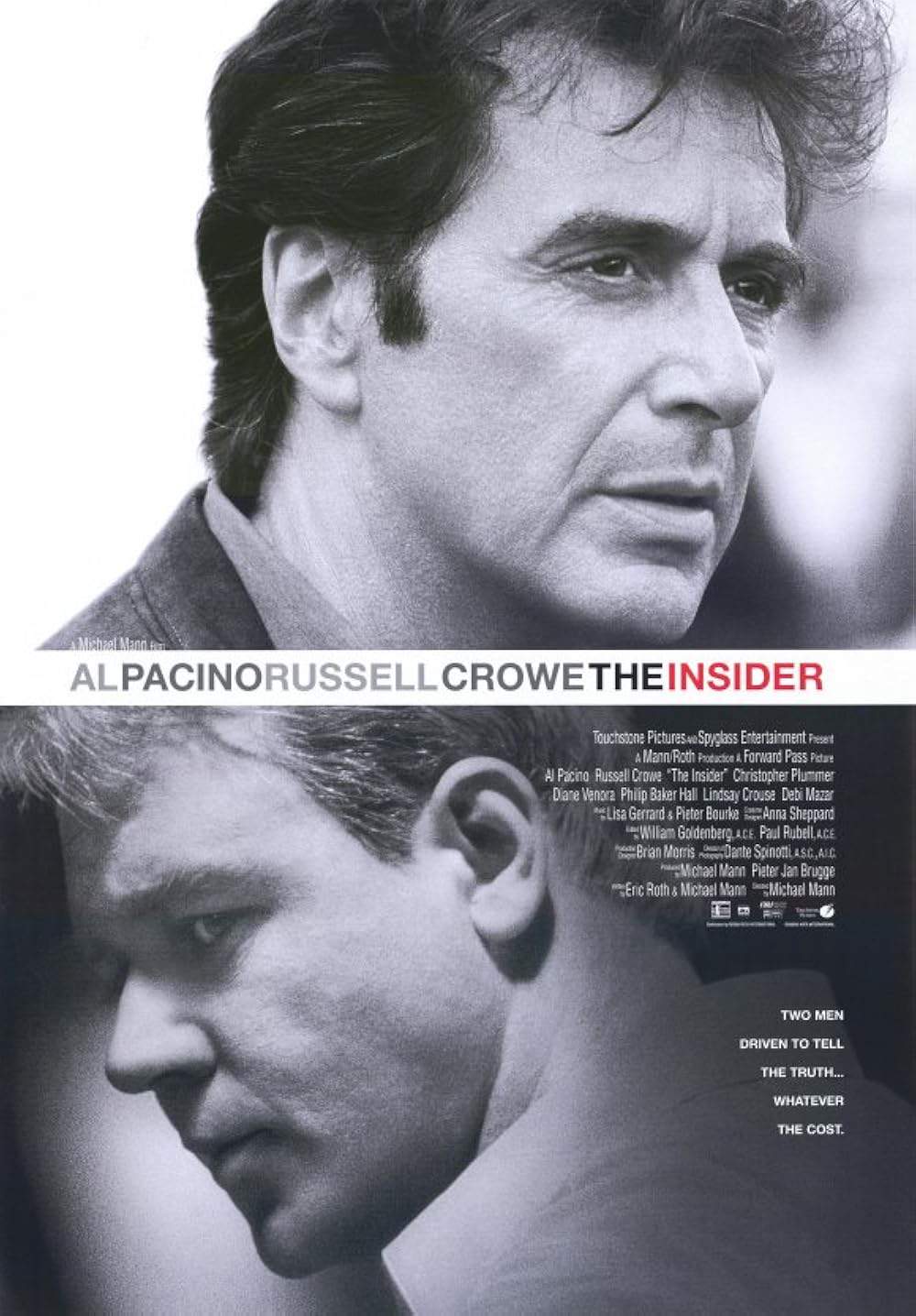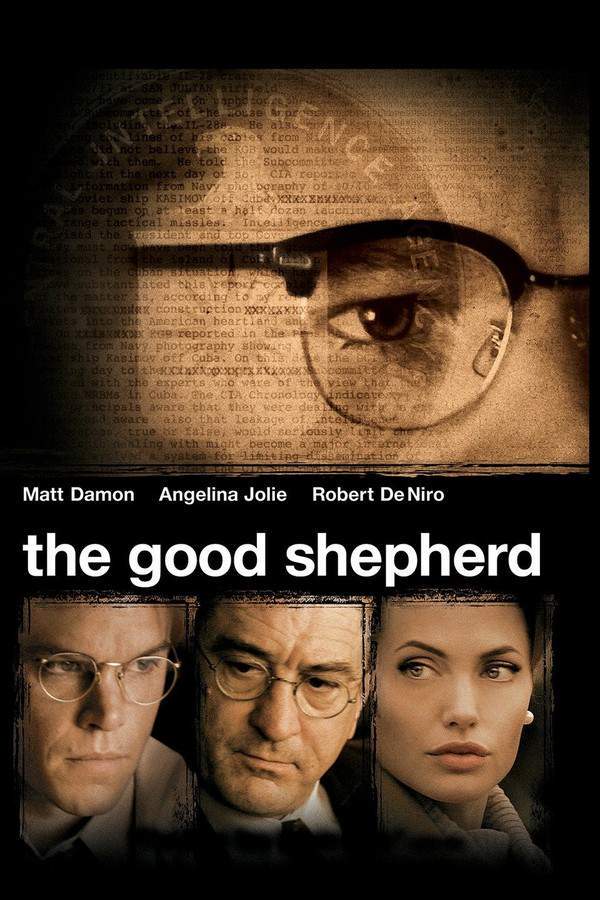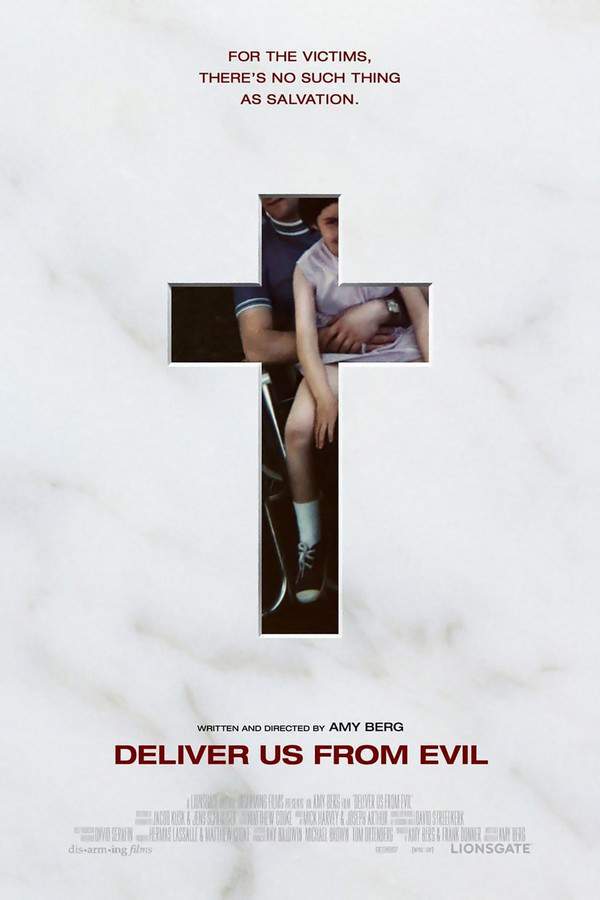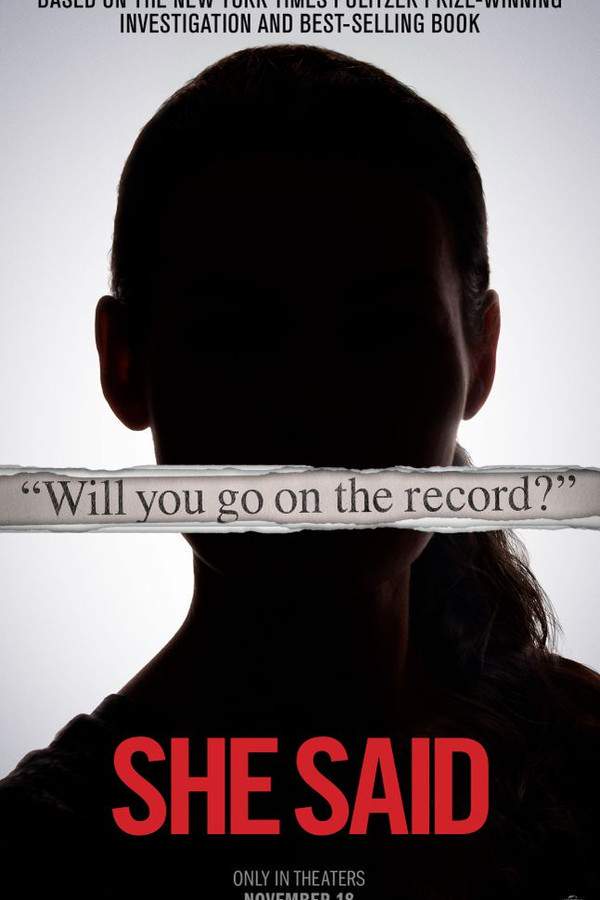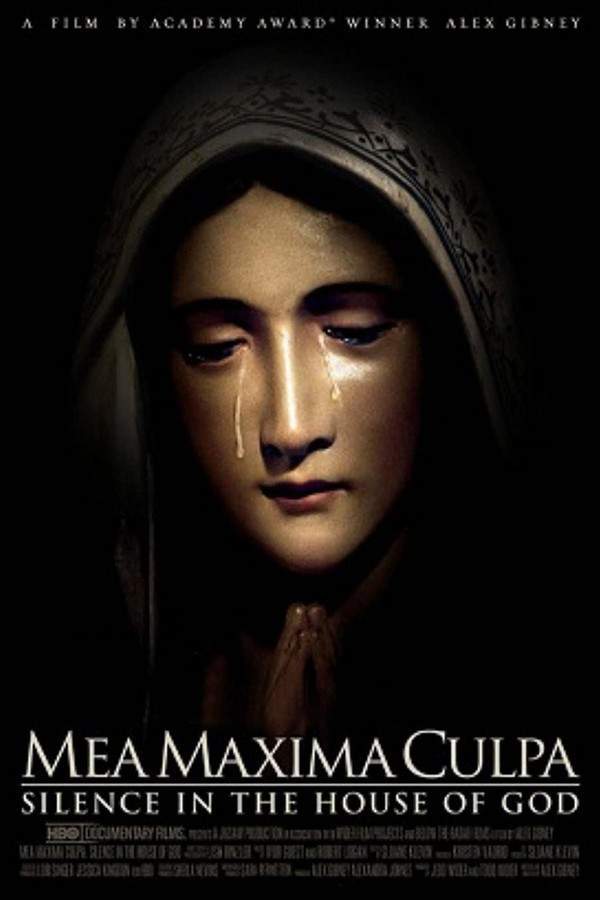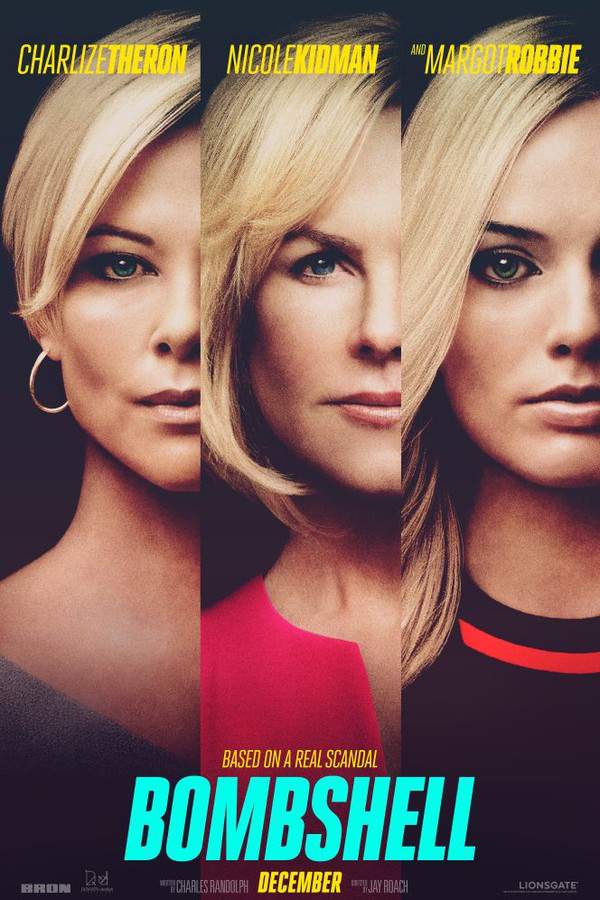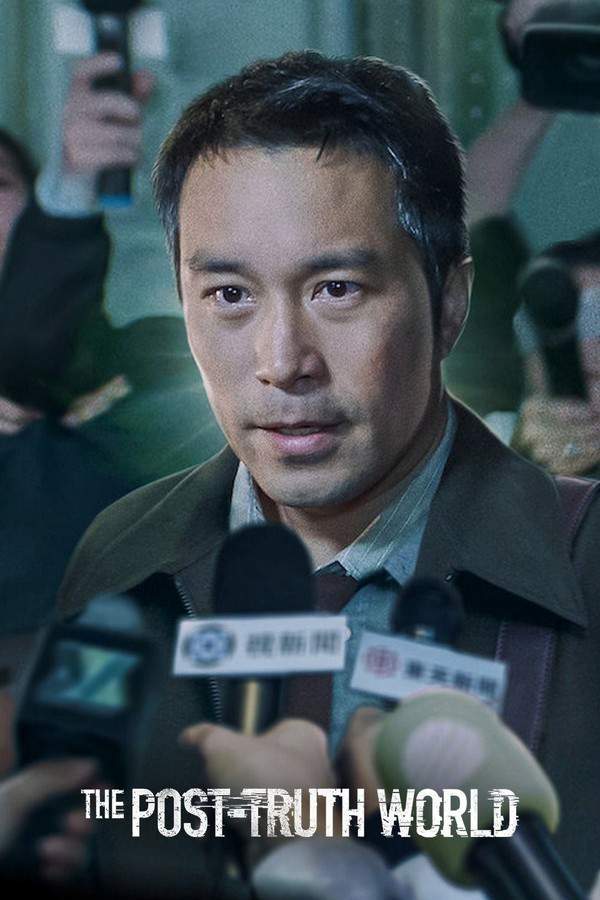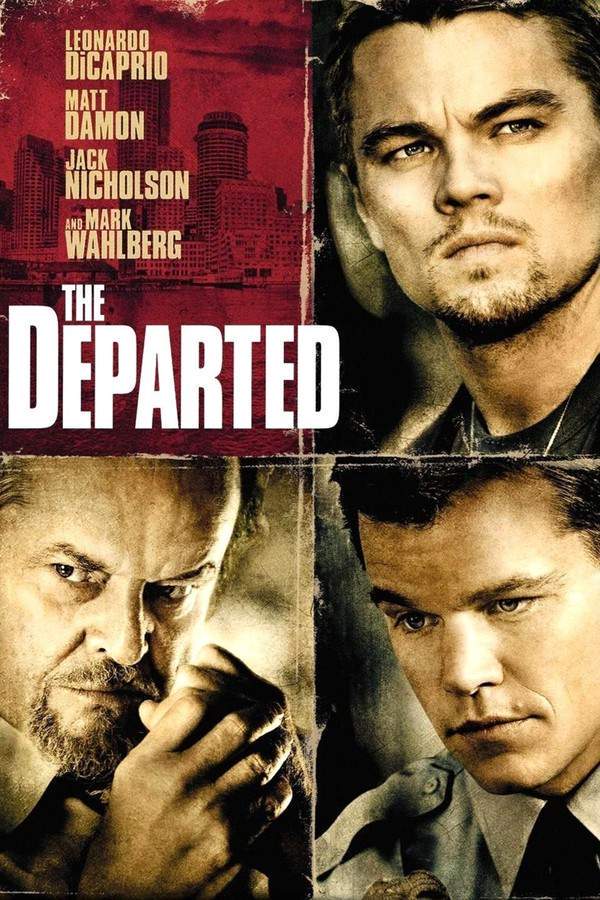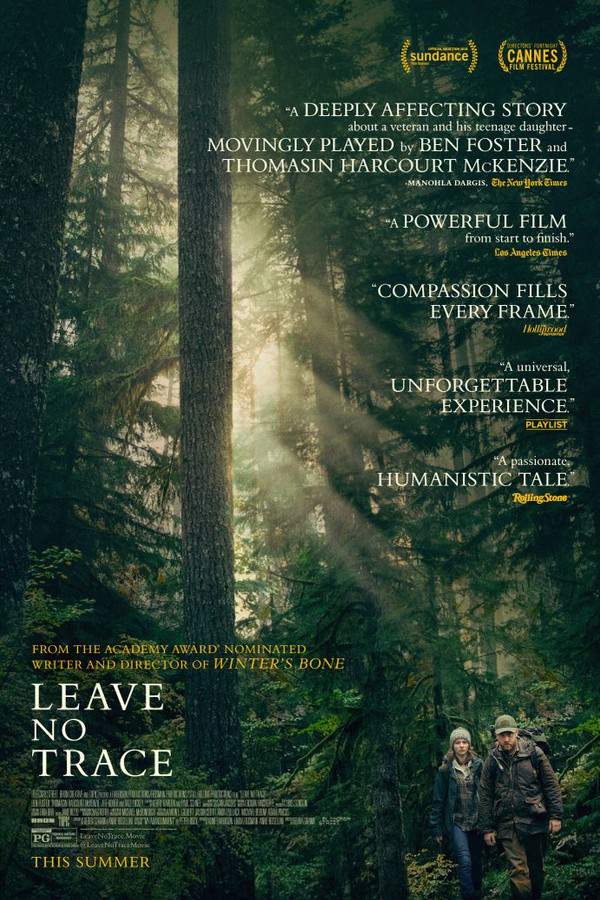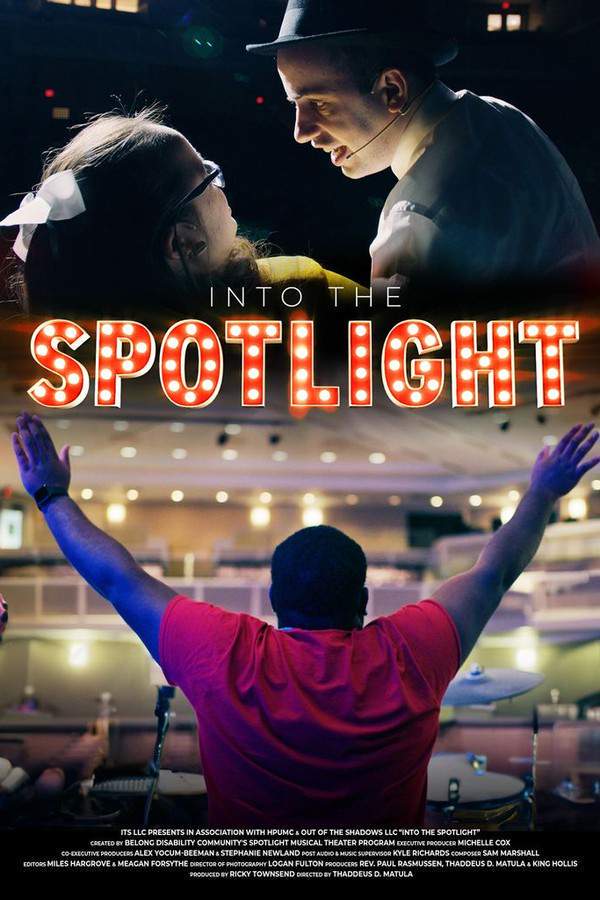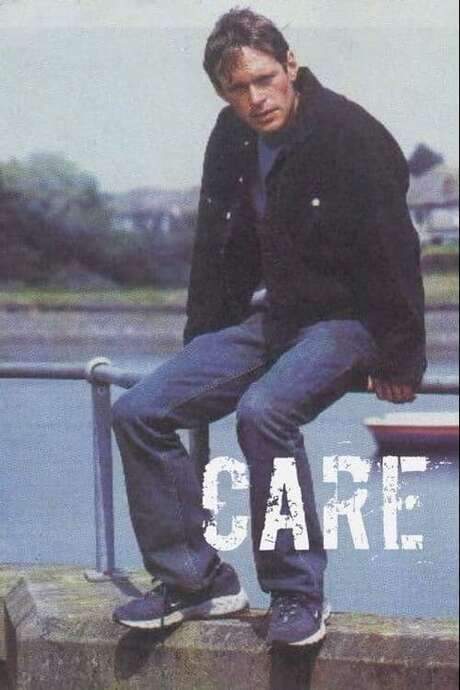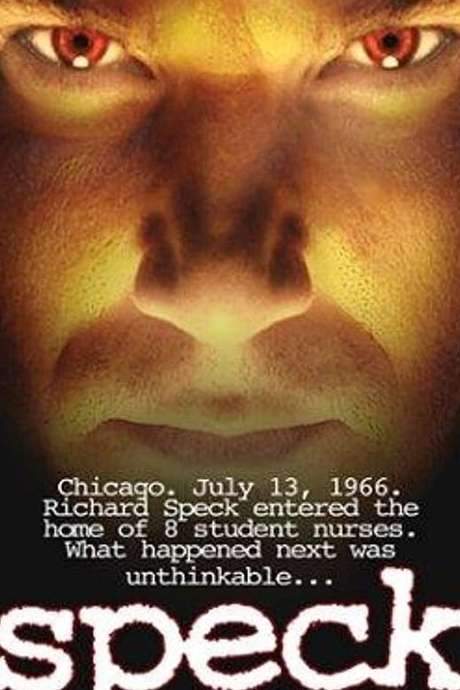Spotlight 2015

A team of investigative journalists at The Boston Globe, known as Spotlight, embarks on a courageous quest to expose a disturbing pattern of sexual abuse within the Catholic Church. Their meticulous reporting uncovers a decades-long cover-up, revealing how institutional failings allowed predators to act with impunity. The story’s revelations shake the foundations of the Church and have far-reaching consequences, sparking a global reckoning and challenging the abuse of power.
Does Spotlight have end credit scenes?
No!
Spotlight does not have end credit scenes. You can leave when the credits roll.
Meet the Full Cast and Actors of Spotlight
Explore the complete cast of Spotlight, including both lead and supporting actors. Learn who plays each character, discover their past roles and achievements, and find out what makes this ensemble cast stand out in the world of film and television.
External Links and Streaming Options
Discover where to watch Spotlight online, including streaming platforms, rental options, and official sources. Compare reviews, ratings, and in-depth movie information across sites like IMDb, TMDb, Wikipedia or Rotten Tomatoes.
Ratings and Reviews for Spotlight
See how Spotlight is rated across major platforms like IMDb, Metacritic, and TMDb. Compare audience scores and critic reviews to understand where Spotlight stands among top-rated movies in its genre.

93
Metascore
8.1
User Score

8.1 /10
IMDb Rating

78
%
User Score

4.1
From 4.4K fan ratings

3.95/5
From 22 fan ratings
Take the Ultimate Spotlight Movie Quiz
Challenge your knowledge of Spotlight with this fun and interactive movie quiz. Test yourself on key plot points, iconic characters, hidden details, and memorable moments to see how well you really know the film.
Spotlight Quiz: Test your knowledge on the investigative journalistic drama 'Spotlight' and its gripping revelations about the Catholic Church scandals.
What year does the film 'Spotlight' primarily take place?
1974
2001
1999
1985
Show hint
Awards & Nominations for Spotlight
Discover all the awards and nominations received by Spotlight, from Oscars to film festival honors. Learn how Spotlight and its cast and crew have been recognized by critics and the industry alike.
88th Academy Awards 2016


Directing
Film Editing
Best Picture
Writing (Original Screenplay)
69th British Academy Film Awards 2016
Best Film

Best Original Screenplay
21st Critics' Choice Awards 2016
Best Picture
Best Director


Best Acting Ensemble
Best Original Screenplay
Best Editing
22nd Annual Screen Actors Guild Awards 2016

Outstanding Performance by a Cast in a Motion Picture
68th Directors Guild of America Awards 2016
Feature Film
31st Artios Awards 2016
Big Budget – Drama
73rd Golden Globe Awards 2016
Best Motion Picture – Drama
Best Director
Best Screenplay
31st Film Independent Spirit Awards 2016
Best Feature
Best Director
Best Screenplay
Best Editing
2015 Toronto International Film Festival Awards 2015
People's Choice Award, Second Runner Up
Full Plot Summary and Ending Explained for Spotlight
Read the complete plot summary of Spotlight, including all major events, twists, and the full ending explained in detail. Explore key characters, themes, hidden meanings, and everything you need to understand the story from beginning to end.
In the year 2001, a pivotal change occurs at The Boston Globe as they bring in a new editor, Marty Baron. Baron first encounters Walter “Robby” Robinson, the experienced editor of the Spotlight team, a small but dedicated group of journalists focusing on in-depth investigative reports that require extensive research and time. Robby reveals that their work falls under the oversight of Ben Bradlee Jr. (John Slattery), who has shown unwavering support for their efforts thus far.
Baron becomes intrigued after reading a column discussing lawyer Mitchell Garabedian, who asserts that Cardinal Law, the Archbishop of Boston, was aware of the predatory actions of priest John Geoghan and failed to intervene. Driven by this serious allegation, Baron urges the Spotlight team to thoroughly investigate this matter. He reaches out to the district attorney to discuss lifting restrictions on several documents that could potentially prove the Cardinal’s long-standing knowledge of systemic abuse by priests.
As they delve deeper, Robby and his colleague Sacha Pfeiffer consult with the company lawyer, Eric Macleish. Macleish warns them that sexual abuse cases often face a short statute of limitations, typically three years, with most victims reluctant to come forward for years after the incidents. He explains that the damages for these cases are often capped at $20,000, leaving the media as the primary means for victims to share their stories. However, Macleish expresses doubt about Garabedian’s case against Cardinal Law and mentions that most of his 80 plaintiffs aren’t cooperating.
Michael Rezendes, another journalist on the Spotlight team, makes a move to contact Garabedian, who initially dismisses the request for an interview. Yet, through clever persuasion and revealing his position on the Spotlight team, Rezendes convinces Garabedian to come forward.
Throughout their investigation, subtle undercurrents suggest that many people hesitate to cooperate with the Spotlight team, fearing that Baron, as a Jewish editor without a family, might have an anti-Catholic agenda driving their inquiry. Initially convinced that they are tracking the movements of a single miscreant priest, the Spotlight team soon uncovers a disturbing pattern of widespread sexual abuse perpetrated by Catholic priests across Massachusetts, consistent cover-ups facilitated by the Boston Archdiocese, and an alarming number of victims who have been silenced. Their inquiry is expanded thanks to insights from Paul Saviano, who leads a victims’ rights organization, allowing them to broaden their focus to thirteen priests involved in these heinous acts.
As Robby shares his discoveries with Ben, he is advised to overlook Saviano’s input. Defying this, Robby instructs his team to push ahead and investigate all leads without compromise. Their probing leads them to more victims who reveal that Saviano directed them to Macleish, who, in turn, had discouraged them from taking legal action. Eventually, they discover that all settlements between the church and victims were conducted in secrecy and that the church had continuously assured the public that offending priests had been removed from service without any follow-up or accountability—a gross misrepresentation of the truth.
Armed with information from an ex-priest who attempted to rehabilitate those guilty of abuse, the Spotlight team learns that Boston alone harbors approximately ninety such predators. Their research leads to a list of eighty-seven names, and they embark on a mission to locate the victims who might corroborate their findings.
Yet, when Robby and Sacha confront Macleish again for a list of priests, tensions rise. Robby aggressively elicits crucial information from Eric, who eventually reveals a buried list of 45 priests associated with settlements. Just as their momentum builds, the events of September 11 disrupt their work, temporarily stalling their progress. However, they regain their focus after Rezendes uncovers publicly accessible documents confirming Cardinal Law’s knowledge of the abuse and his failure to act.
As the Spotlight team finally gains access to additional legal documents, they are poised to publish their groundbreaking findings in early 2002. In a moment of reflection, Robinson admits that he had previously received a list of twenty pedophile priests back in 1993—information that was never acted upon. Regardless, Baron reaffirms the significance of their work. When the articles go to print, they include a call for victims to come forward, leading to a surge of phone calls from those ready to recount their harrowing experiences.
The film concludes by revealing the extensive range of locations in the U.S. and globally where such abuses have been concealed. By December 2002, the Spotlight team achieves a remarkable feat, publishing 600 stories of abuse linked to 249 priests in Boston alone. Cardinal Law’s resignation comes in December 2002, but he is reassigned to a prestigious position in Rome, highlighting the deep-seated issues within the institution he once led.
Uncover the Details: Timeline, Characters, Themes, and Beyond!

Coming soon on iOS and Android
The Plot Explained Mobile App
From blockbusters to hidden gems — dive into movie stories anytime, anywhere. Save your favorites, discover plots faster, and never miss a twist again.
Sign up to be the first to know when we launch. Your email stays private — always.
Watch Trailers, Clips & Behind-the-Scenes for Spotlight
Watch official trailers, exclusive clips, cast interviews, and behind-the-scenes footage from Spotlight. Dive deeper into the making of the film, its standout moments, and key production insights.
Cars Featured in Spotlight
Explore all cars featured in Spotlight, including their makes, models, scenes they appear in, and their significance to the plot. A must-read for car enthusiasts and movie buffs alike.
Spotlight Themes and Keywords
Discover the central themes, ideas, and keywords that define the movie’s story, tone, and message. Analyze the film’s deeper meanings, genre influences, and recurring concepts.
Spotlight Other Names and Titles
Explore the various alternative titles, translations, and other names used for Spotlight across different regions and languages. Understand how the film is marketed and recognized worldwide.
Similar Movies To Spotlight You Should Know About
Browse a curated list of movies similar in genre, tone, characters, or story structure. Discover new titles like the one you're watching, perfect for fans of related plots, vibes, or cinematic styles.
Quick Links: Summary, Cast, Ratings, More

What's After the Movie?
Not sure whether to stay after the credits? Find out!
Explore Our Movie Platform
New Movie Releases (2026)
Famous Movie Actors
Top Film Production Studios
Movie Plot Summaries & Endings
Major Movie Awards & Winners
Best Concert Films & Music Documentaries
Movie Collections and Curated Lists
© 2026 What's After the Movie. All rights reserved.


